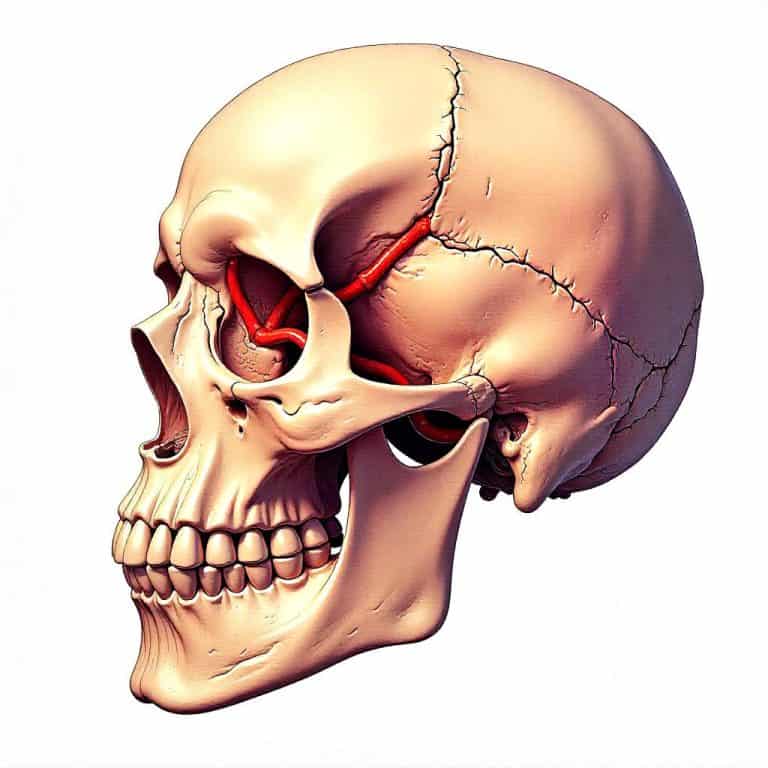Welcome to the ethmoid bones quiz! The ethmoid bones are a crucial part of the human skull, located between the eyes and behind the nose. These unique bones help form the structure of the nasal cavity and play a role in our sense of smell.
In this quiz, you will learn all about the ethmoid bones and their importance in the human body. Test your knowledge on their location, function, and how they contribute to our overall health. Get ready to dive into the fascinating world of anatomy and discover more about the ethmoid bones!
Play Ethmoid Bones Quiz
Instructions
- This quiz is multiple choice.
- Read each question carefully before selecting an answer.
- Choose the best answer for each question.
- You will see the missed questions with correct answers at the end of the quiz.
Quick Facts
- The ethmoid bones are located between the eyes and form part of the nasal cavity.
- These bones are important for providing structure and support to the face.
- They are one of the smallest bones in the skull but play a crucial role in the overall facial anatomy.
- The ethmoid bones are unique in that they are composed of delicate, thin layers of bone.
- These bones have small air-filled spaces called sinuses that help to lighten the skull and produce mucus for the nasal cavity.
- Damage to the these bones can occur from facial trauma or certain medical conditions.
- These bones also play a role in the sense of smell, as they contain olfactory nerve fibers that transmit signals to the brain.
- They are connected to other bones in the skull, including the sphenoid bone and frontal bone.
- They are important for maintaining the shape of the face and supporting the structures of the nasal cavity.
- Overall, the ethmoid bones are essential for proper facial function and overall health.
Downloads
Study Tips
- Create a study schedule and stick to it.
- Find a quiet and comfortable study environment.
- Remove distractions such as phones and social media.
- Take breaks every 25-30 minutes to avoid burnout.
- Use active studying techniques like summarizing, highlighting, and teaching concepts to someone else.
- Practice retrieval by testing yourself with flashcards or practice quizzes.
- Stay organized with notes, study guides, and resources.
- Stay hydrated and eat brain-boosting foods like fruits, nuts, and whole grains.
- Get enough sleep to improve memory retention and cognitive function.
- Reward yourself for reaching study goals to stay motivated.
